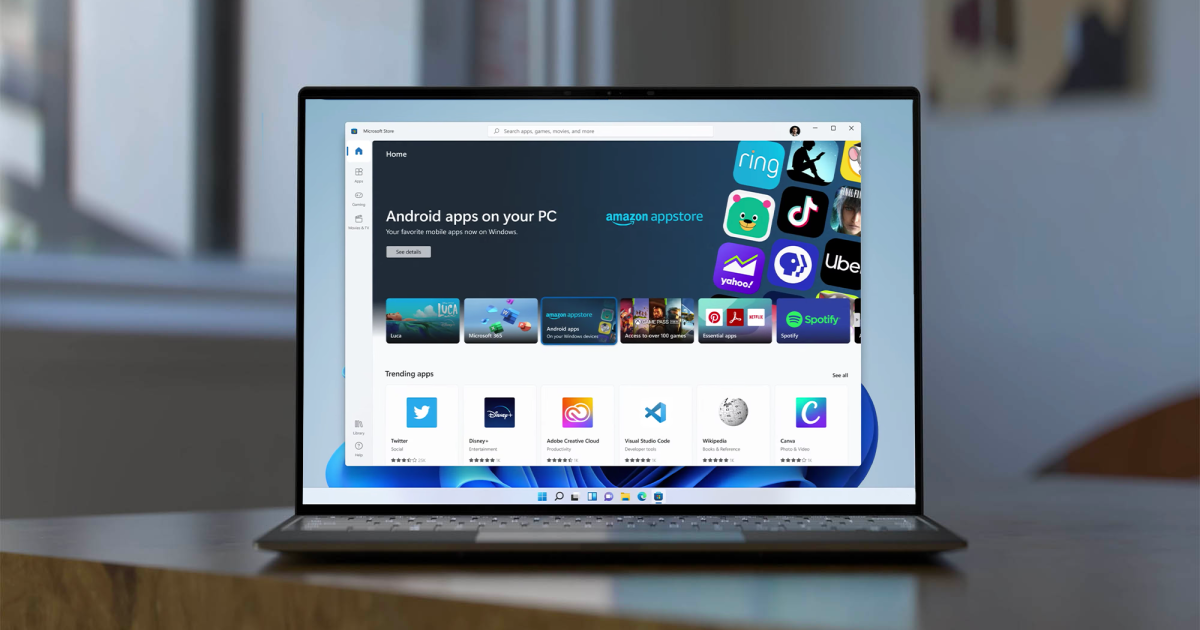The US military has unveiled the B-21 Raider, its first new stealth bomber in 30 years. Northrop Grumman, which developed the aircraft, first showed us a silhouette of the plane covered by a shroud way back in 2015. Now, the Pentagon has officially presented the B-21 at an event at Northrop Grumman’s plant in Palmdale, California, but most of its details still remain a secret. Prior to the event, though, the company called it the “world’s first sixth-generation aircraft,” which means it’s a lot more technologically advanced than the military jets in service today.
According to ABC News, US Defense Secretary Lloyd Austin said during the event that “no other long range bomber can match [the B-21’s] efficiency.” Austin also said that “fifty years of advances in low observable technology” have gone into the aircraft and that even the most sophisticated air defense systems will have a hard time detecting a B-21 in the sky.
The aircraft was designed using next-generation stealth technology so that it can remain undetectable even to advanced radars and air defense systems, Northrop Grumman said in a previous announcement. A Northrop Grumman official also said that the B-21 can fly in full stealth mode every day, according to Air and Space Forces Magazine, unlike the current model that needs hundreds of hours of maintenance between missions. The aircraft will use a cloud-based digital infrastructure that’s cheaper and easier maintain, and the military can also roll out rapid upgrades for separate components so that it’s always protected against evolving threats.
Northrop Grumman is currently working on six B-21 units, which are in various stages of production, but the Air Force is expected to order at least 100 of them. The military will start testing the stealth bomber in California sometime next year before the first units go into service by mid-2020s.
All products recommended by Engadget are selected by our editorial team, independent of our parent company. Some of our stories include affiliate links. If you buy something through one of these links, we may earn an affiliate commission. All prices are correct at the time of publishing.








